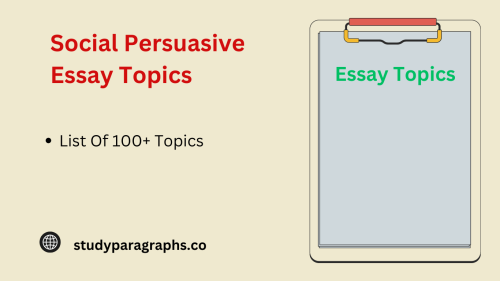Social Media Does More Harm Than Good Argumentative Essay
Social media has become a defining facet of modern life, shaping our interactions, perceptions, and decision-making processes. Platforms like Facebook, Twitter, and Instagram were initially designed to foster global connections, creating a virtual space for conversation, collaboration, and cultural exchange. However, the question arises: does social media do more harm than good? This essay will delve into the multiple layers of social media’s impact, presenting an argumentative discourse on how its pervasive influence may be causing more harm than we realize.
The Dark Side of Social Media: An Argumentative Essay
Social Media: A Double-Edged Sword
In the fast-paced digital age, social media has emerged as a prominent communication platform. While it has undoubtedly brought people closer, it has also sparked numerous debates regarding its influence on society. One such pressing issue is the argument that social media does more harm than good.
The Addictive Nature of Social Media
Social media, with its constant notifications, has an addictive pull that can consume a significant portion of our daily lives. This addiction often results in individuals spending less time on interpersonal relationships, thereby leading to a breakdown in communication. Face-to-face conversations are replaced by virtual interactions, which may not offer the same emotional depth and understanding.
The Detrimental Impact on Communication Skills and Livelihood
The pervasiveness of social media has led to drastic changes in communication styles. The use of abbreviations and emojis encourages a form of shorthand that can impede proper language use and comprehension. This could potentially affect the way we communicate in formal settings like workplaces, leading to misunderstandings and even job loss.
A Breeding Ground for Hate and Insecurities
Social media platforms are often used for spreading hate or offensive content. Cyberbullying is rampant, causing emotional turmoil among users, particularly teenagers. These platforms can exacerbate feelings of insecurity, as users often compare their lives with the seemingly perfect lives portrayed by others.
The Erosion of Self-Esteem and Authenticity
Social media encourages users to create a ‘perfect’ version of their lives, often leading to in authenticity. This constant pursuit of perfection can significantly decrease self-esteem, as users may feel inadequate when comparing their reality to the embellished lives of others.
The Threat to Privacy
Finally, privacy issues are a significant concern in the realm of social media. Personal information can easily be accessed and misused, leading to potential harm. Additionally, constant exposure to others’ lives can lead to emotional self-harm, such as feelings of inadequacy and jealousy.
Conclusion
In conclusion, while social media can be a powerful tool for connection and information sharing, we need to be aware of the potential harm it can cause. As individuals, we must strive to use these platforms responsibly, ensuring we do not allow them to consume our lives, erode our self-esteem, or infringe upon our privacy.

Hello! Welcome to my Blog StudyParagraphs.co. My name is Angelina. I am a college professor. I love reading writing for kids students. This blog is full with valuable knowledge for all class students. Thank you for reading my articles.


